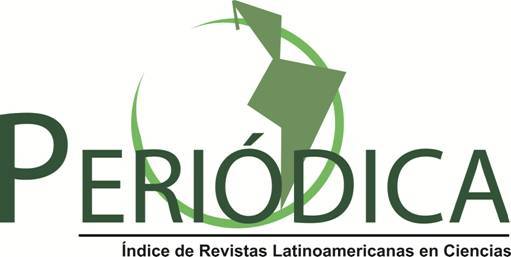CALIDAD TECNOLÓGICA Y FRESCURA DEL ATÚN ALETA AMARILLA (Thunnus albacares) EMPLEADO COMO MATERIA PRIMA EN LA INDUSTRIA PROCESADORA DE MAZATLÁN, SINALOA
DOI:
https://doi.org/10.18633/bt.v17i1.13Keywords:
Calidad tecnológica, frescura, proteínas, atún aleta amarilla/ Technological quality, freshness, proteins, yellowfin tunaAbstract
El deterioro que presenta el atún aleta amarilla (Thunnus albacares), desde su captura y durante su transporte marítimo, se refleja en una disminución de su calidad tecnológica como materia prima. En este estudio, se evaluó y comparó, la calidad tecnológica y frescura del atún aleta amarilla (AA) capturado y almacenado en congelación a -18°C (CC), al momento del desembarque (DD) y previo a su proceso industrial (PP). Para la frescura se determinó el índice K y para la calidad tecnológica se determinaron la solubilidad de proteínas (SP), capacidad de retención de agua (CRA) y capacidad de formación de geles (CFG). El valor K fue de 8.1±1.5%, 17.6±7.0% y 21.9±4.5% para el atún CC, DD y PP, respectivamente. Las proteínas del músculo presentaron bajos valores de solubilidad (CC, 74±7.5%; DD, 50±13.0% y PP, 42±2.9%) y de CRA (CC, 2.9±0.5; DD, 3.7±0.9 y PP, 2.6±0.4 g de agua retenida/g de proteína). Los geles preparados con el músculo de atún AA presentaron calidad variable (de C a AA). La calidad tecnológica baja y variable coincidió con la elevada proporción de proteínas solubles en álcali (CC, 18.1±10.9%; DD, 30.1±10.0% y PP, 58.0±12.3%). La ocurrencia de cambios bioquímicos postmortem disminuyó la calidad tecnológica del atún AA, por lo que se requiere mayor control de la manipulación a bordo y de la temperatura de almacenamiento post captura. ABSTRACT The deterioration that yellowfin tuna Thunnus albacares presents from catch and during shipping, is reflected in a decrease in its technological quality as raw material. Technological quality and freshness of yellowfin (YF) tuna catch and stored frozen at -18°C (CF), at the moment of unloading (UL) and prior to the industry processing (PP) were evaluated. For freshness the K index was determined and for technological quality protein solubility, PS, water holding capacity, WHC and gel forming ability, GFA were evaluated. K index was 8.1±1.5%, 17.6±7.0% and 21.9±4.5% for tuna CF, UL and PP respectively. Muscle proteins had low solubility values (CF, 74±7.5%; UL, 50±13.0% and PP, 42±2.9%) and WHC (CF, 2.9±0.5; UL, 3.7±0.9 and PP, 2.6±0.4 g water retained /g protein). Gels prepared with YF tuna muscle showed variable quality (from C to AA). Low and variable technological quality coincided with the high alkali-soluble proteins (CF, 18.1±10.9%; UL, 30.1±10.0% and PP, 58.0±12.3%) proportion. Post-mortem biochemical changes decreased the technological quality of YF tuna, so greater control of board handling and the temperature of post-catch storage is requiredDownloads
References
Downloads
Published
How to Cite
Issue
Section
License
The journal Biotecnia is licensed under the Attribution-NonCommercial-ShareAlike 4.0 International (CC BY-NC-SA 4.0) license.





_(1)_(1).png)






_(2).jpg)





